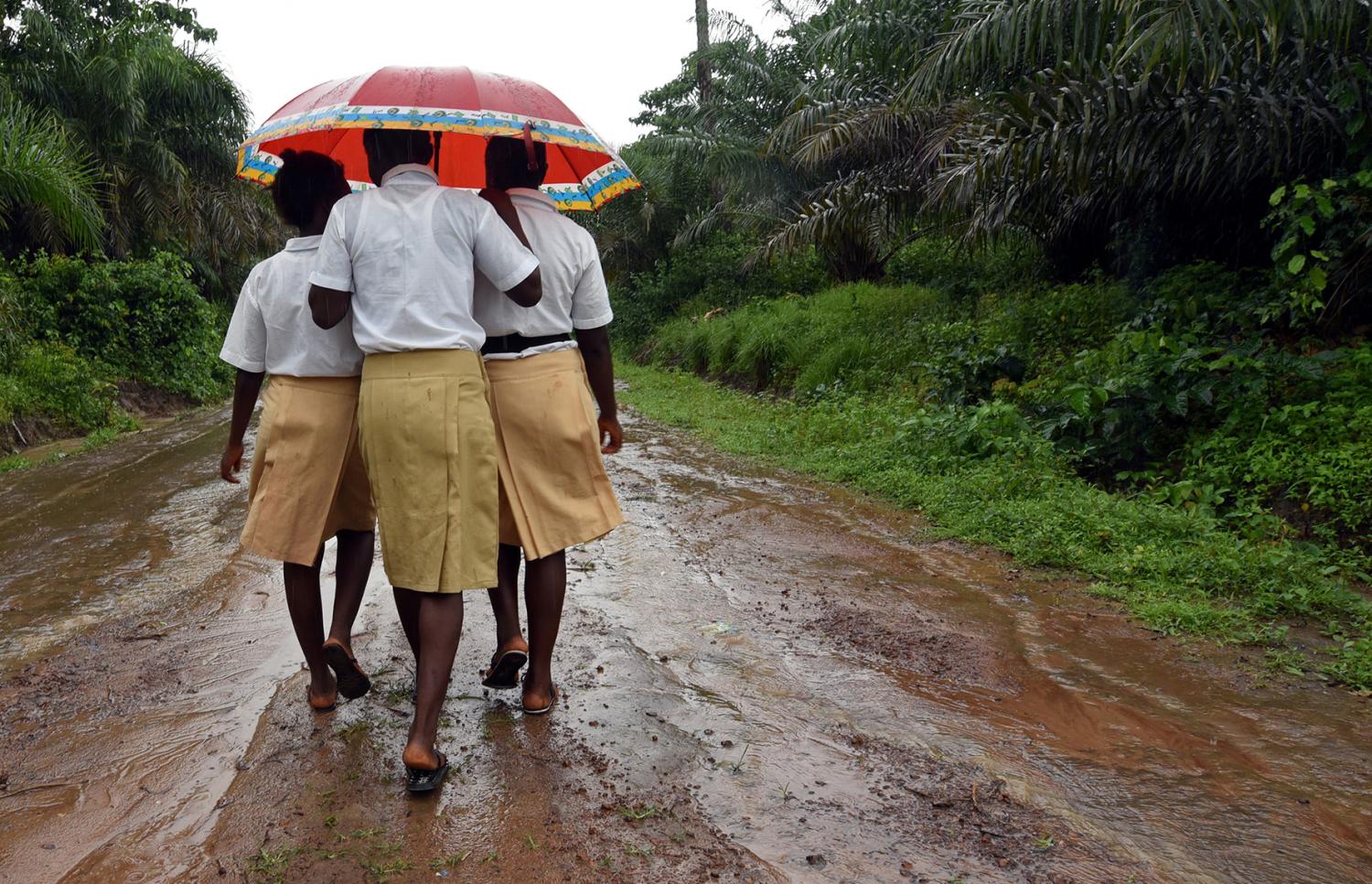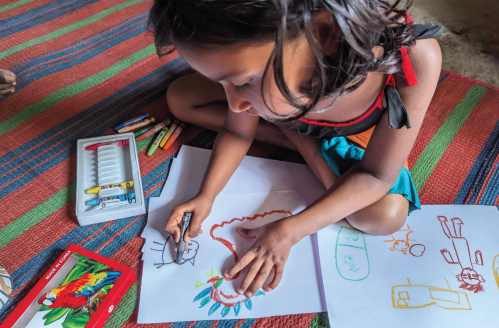Executive summary
Recognizing the important role that families play in their children’s education, the Government of Sierra Leone has designated family and community engagement as a key pillar of their current education policies, frameworks, and plans. The Basic and Senior Secondary Education Act (2023), National Policy on Radical Inclusion in Schools (2021), and Education Sector Plan (2022-2026) all include efforts to build greater family, school, and community engagement (FSCE) in education. Despite the Ministry of Basic and Senior Secondary Education’s (MBSSE) efforts to support greater partnerships between families and schools, little data on FSCE exist in Sierra Leone. To provide a clearer picture of the FSCE landscape in Sierra Leone, the MBSSE and the Center for Universal Education at the Brookings Institution initiated mixed-methods and community-based research with two civil society organizations—EducAid and Rising Academies—that work directly with government schools in Sierra Leone.
The purpose of this research is to provide key recommendations for the MBSSE and partnering institutions on how to build family, school, and community partnerships that are sustainable, equitable, and inclusive while supporting students and schools to thrive. These findings and recommendations are detailed in this policy brief alongside the participatory and community-based methodology used. Between February and April 2023, EducAid and Rising Academies collaborated with the Center for Universal Education to conduct surveys and focus group conversations to gauge families’ and educators’ beliefs on and experiences with education to identify promising strategies for promoting greater FSCE. The research took place in 25 schools in three districts (Kono, Port Loko, and Western Urban [Freetown]). The five key findings and recommendations are summarized below.
This policy brief supports schools and educators, including education leaders, teachers and staff, in recognizing families as an important asset to schools’ and learners’ success and provides effective strategies for promoting greater FSCE in policies, frameworks, and school plans.
The Brookings Institution is committed to quality, independence, and impact.
We are supported by a diverse array of funders. In line with our values and policies, each Brookings publication represents the sole views of its author(s).






